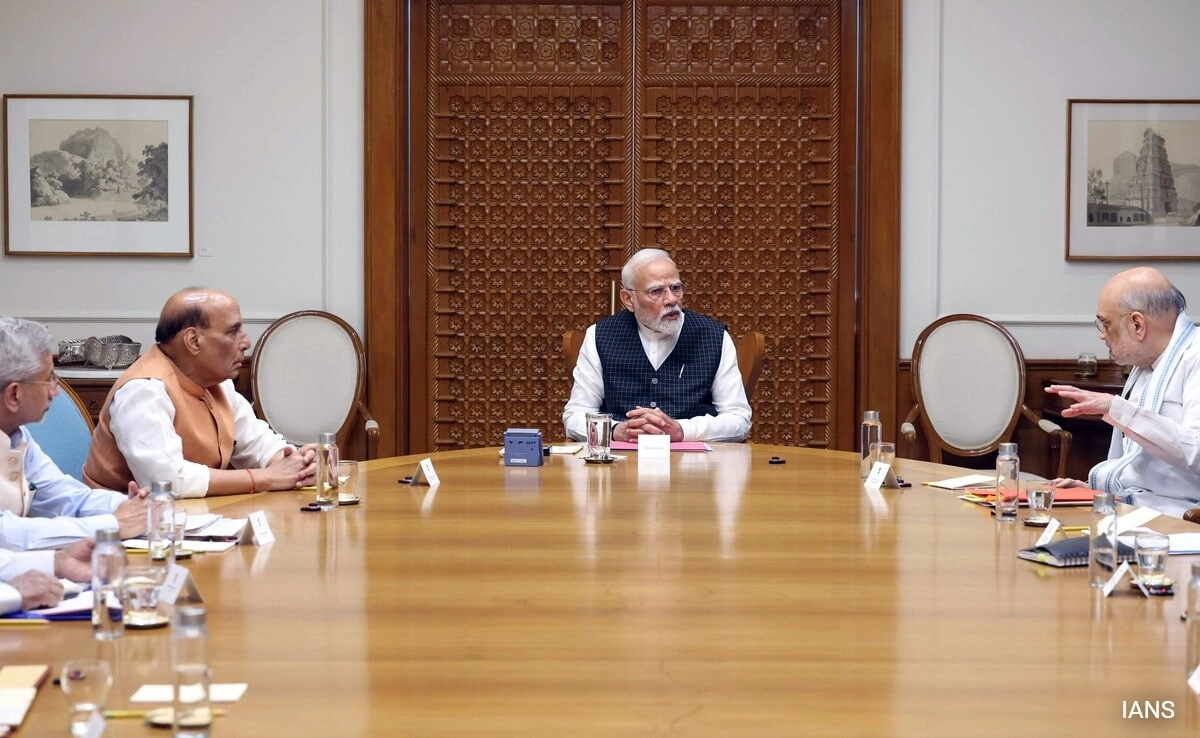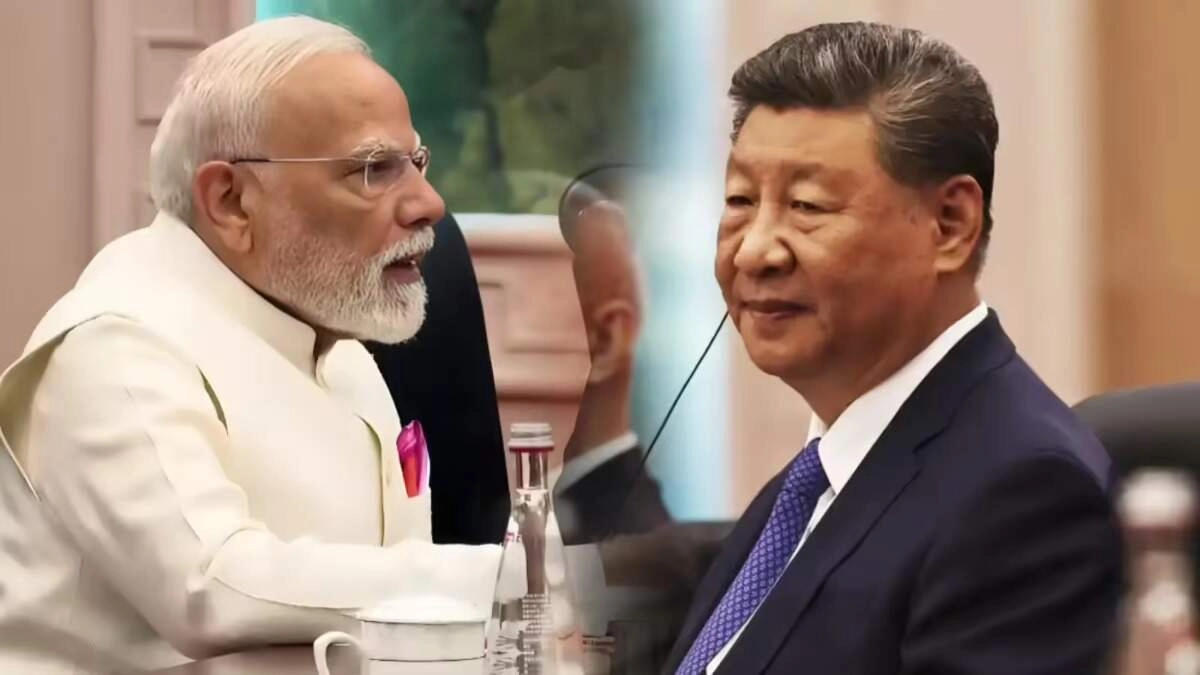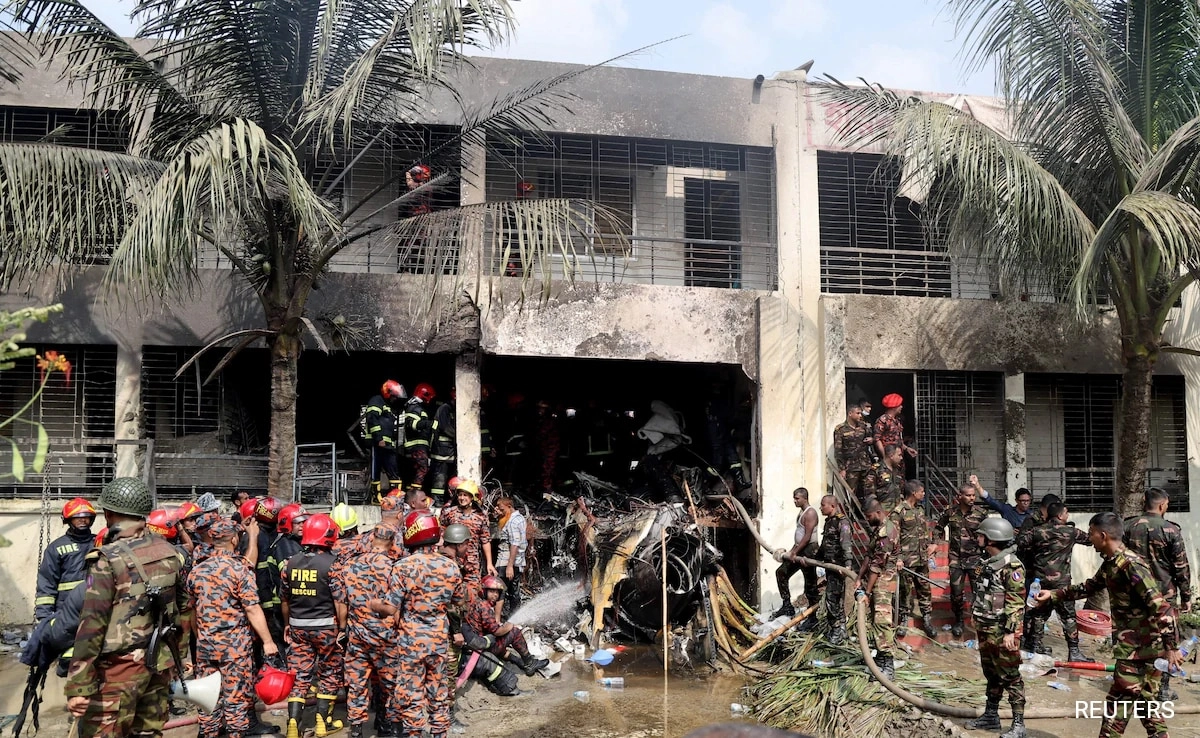In a recent statement, a Pakistani official characterized a man who led the funeral of a notorious terrorist as a “family man,” a description that has drawn significant criticism, particularly from the United States. The individual in question, known for his extremist activities, was a prominent figure in the terrorist community and had been involved in orchestrating violent acts that resulted in loss of life and widespread fear. The Pakistani government’s attempt to present him in a sympathetic light has raised eyebrows internationally, especially given the ongoing tensions surrounding terrorism and security issues in the region.
The U.S. response has been unequivocal, highlighting the stark contrast between the Pakistani narrative and the reality of the man’s actions. American officials have expressed concern over Pakistan’s approach to dealing with terrorism, fearing that such characterizations could undermine efforts to combat extremist ideologies. The U.S. has long urged Pakistan to take stronger measures against individuals and groups that promote violence, arguing that any leniency or glorification of such figures only serves to perpetuate the cycle of terrorism.
This incident underscores the broader challenge of addressing extremism in South Asia, where narratives can vary significantly depending on political and cultural perspectives. While some may view these individuals through a lens of familial loyalty or cultural reverence, the international community often prioritizes the need for accountability and a commitment to countering terrorism. The divergence in views between Pakistan and the U.S. reflects the complexities of international relations and the ongoing struggle to find common ground in the fight against terrorism.
As the situation develops, it remains to be seen how this disagreement will impact diplomatic relations between Pakistan and the United States. The characterization of figures involved in terrorism not only shapes public perception but also influences policy decisions and international cooperation on security matters. It is crucial for both nations to engage in open dialogue to address these challenges while striving for a more unified approach to combating terrorism and promoting stability in the region.




